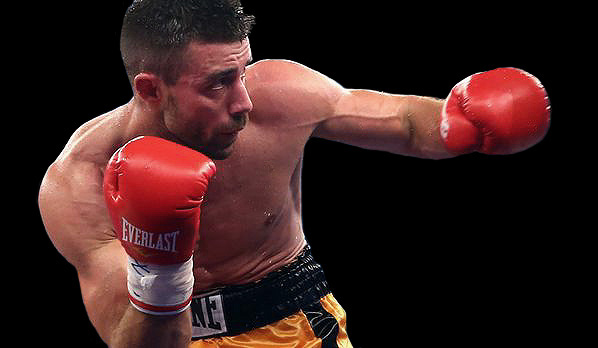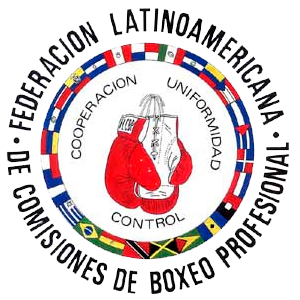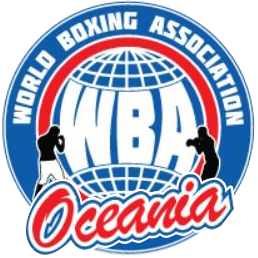
It has been said that “Italians are lovers, not fighters.” There may be a kernel of truth in that, if one overlooks the Roman Empire, which went undefeated for 500 years.
But that of course was way back when. In more modern times, relatively speaking, there have been scores of Italian boxing champions and contenders, some of whom were born in the United States and some of whom were born in Italy.
The list of Italian-American fighters is as long as it is distinguished and includes such legendary tough guys as Rocky Marciano, Rocky Graziano, Jake LaMotta, Carmen Basilio, Tony DeMarco, Willie Pep, Tony Galento, Lou Nova, Tami Mauriello, Charlie Fusari, Joey Maxim, Izzy Jannazzo, Frankie Genaro, Tony Canzoneri, Fidel La Barba, Battling Battalino, Lou Ambers, Roland La Starza, Ray Mancini, and Arturo Gatti.
Italian-born fighters such as Nino Benvenuti, Primo Carnera, Vito Antufermo, Giacobbe Fragomeni, Duilio Loi, Sandro Mazzinghi, Vincenzo Nardiello, Patrizio Oliva, Giovanni Parisi, Michele Piccirillo, Gianfranco Rosi, and Cristian Sanavia, and Loris Stecca, like their American-born counterparts, give lie to the expression “Italians are lovers, not fighters,” no matter how adept they might have been in the art of seduction.
Those lists are long, but not too long to add another member of Italian boxing community to their starry ranks.
I’m speaking of newest member of the fraternity. I’m speaking of Giovanni De Carolis.
Saturday night at Baden-Arena in Offenburg, Baden-Württemberg, Germany, De Carolis (24-6, 11 KOs), the 31-year-old veteran fighting out of Rome, Italy, TKO’d Vincent Feigenbutz, a man 11 years his junior, in the 11th round to win the interim WBA World super middleweight championship, thus becoming the 35th Italian to win a world title.
The fight was a rematch of the first encounter between De Carolis and Feigenbutz. That fight was on October 17, 2015, at DM-Arena in Karlsruhe, Baden-Württemberg, Germany, and Feigenbutz won a disputed unanimous decision after 12 rounds. The final scores were 114-113 and 115-113 twice in favor of the German.
De Carolis may have been fighting on enemy territory that night, but many in the crowd and many more watching at home felt the Italian Stallion did enough to win the title. Some even went so far as to call it the worst decision in German boxing history.
De Carolis and his team filed a petition with the WBA, which granted the challenger an immediate rematch and De Carolis, once again, made the most of the opportunity.
With his wife Veronica in his corner (“She has always been by my side, thanks to her I made a perfect preparation”), “I was convinced I could do it. It’s a fresh start. It is a great pride for me to win in Germany. After the first fight, the conviction of being superior gave me the right push.”
The next push for De Carolis is to fight in front of his countrymen.
“Yes, I have a dream,” he said, “to fight in a sports hall in front of 10,000 people in Rome, with my friends and the people in the house to support me.”
That dream may very well come true. After all, one dream realized follows another.
This article was penned by the author who is not related to the WBA and the statements, expressions or opinions referenced herein are that of the author alone and not the WBA.

















